Leave a comment below with a valid email adress (it will not be published) to request all books by this author.
Ramnath, Maia


Leave a comment below with a valid email adress (it will not be published) to request all books by this author.
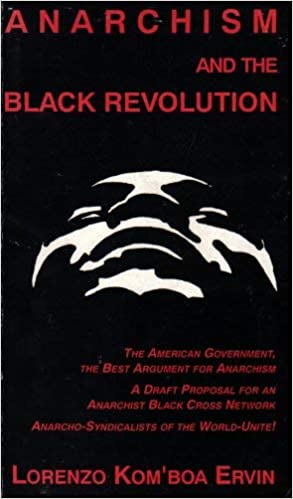
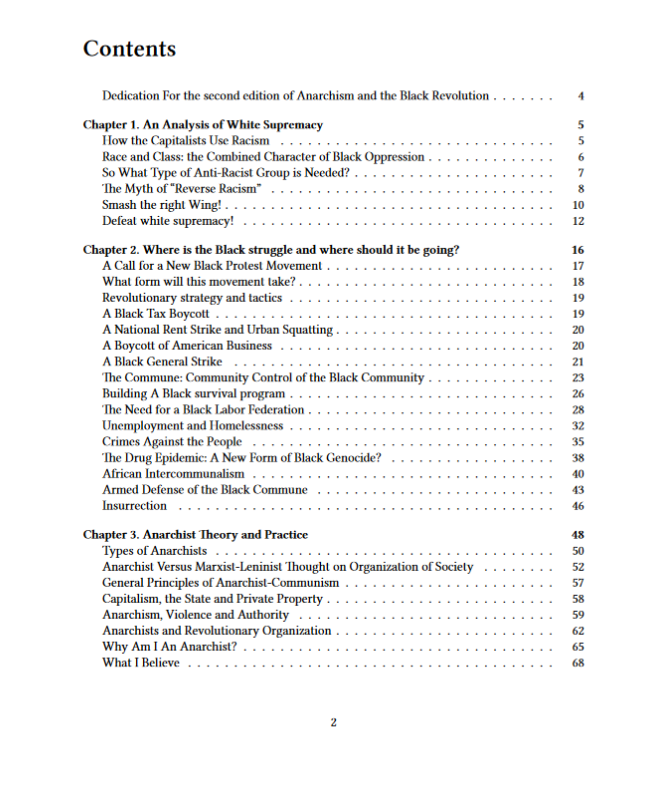
“From Detroit, Michigan to Durban, South Africa, from the Caribbean to Australia, from Brazilto England, Black workers are universally oppressed and exploited. The Black working class needs its own world labor organization. There is no racial group more borne down by social restraint than Black workers; they are oppressed as workers and as a people.
Because of these dual forms of oppression and the fact that most trade unions exclude or do not struggle for Black laborer’s rights, we must organize for our own rights and liberation. Even though in many African and Caribbean countries there are “Black” labor federations, they are reformist or government-controlled. There is a large working class in many of these countries, but they have no militant labor organizations to lead the struggle.
The building of a Black workers’ movement for revolutionary industrial sabotage and a general strike, or organize the workers for self-management of production, and so undermine and overthrow the government is the number one priority.”
Lorenzo Kom’boa Ervin
Leave a comment below with a valid email adress (it will not be published) to request this book.
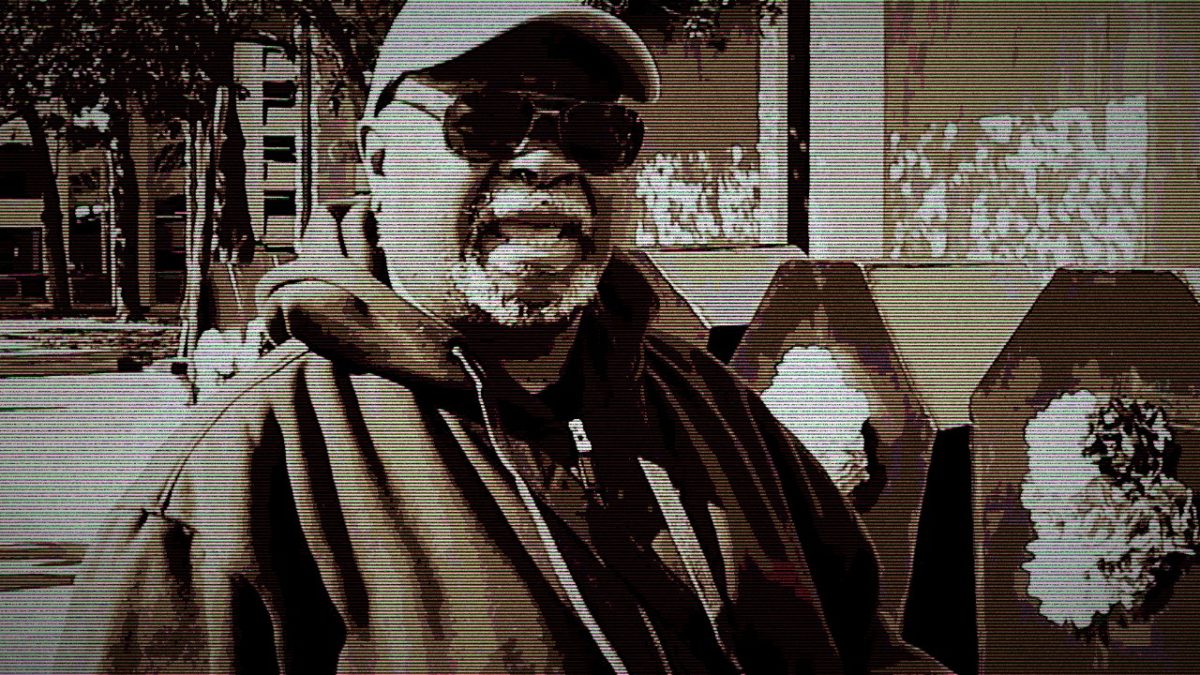
Leave a comment below with a valid email adress (it will not be published) to request all books by this author.
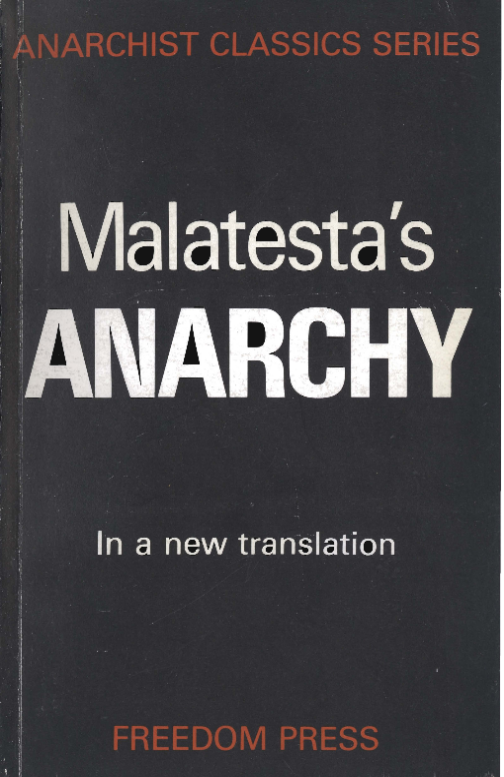
Vernon Richards (translator)
“We struggle for anarchy, and for socialism, because we believe that anarchy and socialism must be realised immediately, that is to say that in the revolutionary act we must drive government away, abolish property and entrust public services, which in this context will include all social life, to the spontaneous, free, not official, not authorised efforts of all interested parties and of all willing helpers.
Of course there will be difficulties and drawbacks; but they will be resolved, and they will only be resolved in an anarchist way, by means, that is, of the direct intervention of the interested parties and by free agreements.”
Errico Malatesta
Leave a comment below with a valid email adress (it will not be published) to request this book.
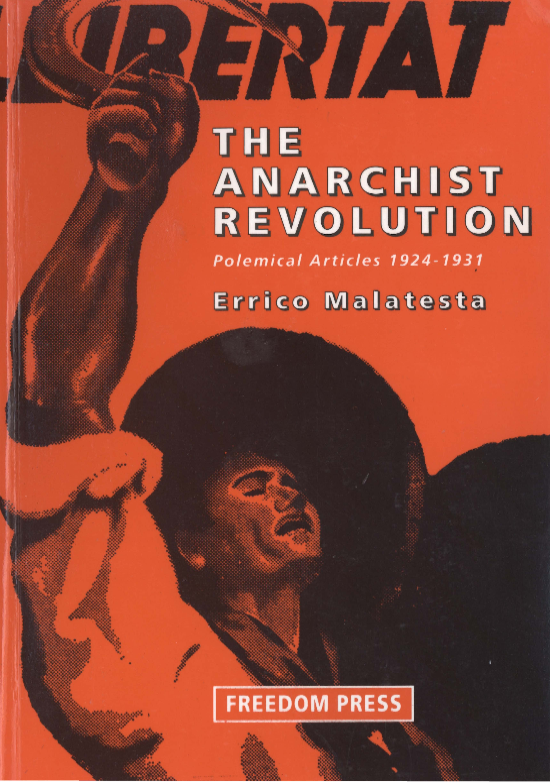
Vernon Richards (editor)
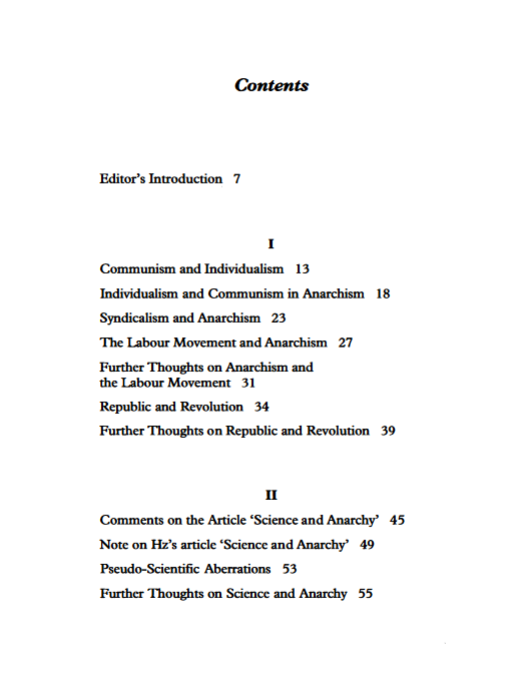
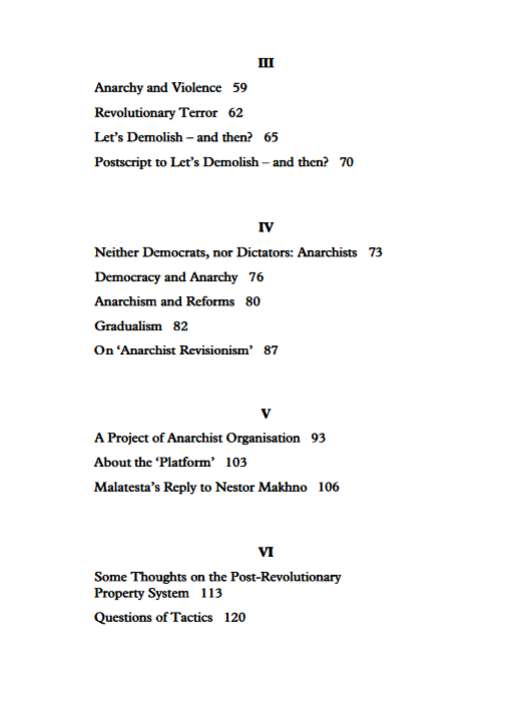
“Organisation, which after all only means cooperation and solidarity in practice, is a natural condition, necessary to the running of society; and it is an unavoidable fact which involves everyone, whether in human society in general or in any grouping of people joined by a common aim.
As human beings cannot live in isolation, indeed could not really become human beings and satisfy their moral and material needs unless they were part of society and cooperated with their fellows, it is inevitable that those who lack the means, or a sufficiently developed awareness, to organise freely with those with whom they share common interests and sentiments, must submit to the organisations set up by others, who generally form the ruling class or group and whose aim is to exploit the labour of others to their own advantage.
And the age-long oppression of the masses by a small number of the privileged has always been the outcome of the inability of the greater number of individuals to agree and to organise with other workers on production and enjoyment of rights and benefits and for defence against those who seek to exploit and oppress them.
Anarchism emerged as a response to this state of affairs, its basic principle being free organisation, set up and run according to the free agreement of its members without any kind of authority; that is, without anyone having the right to impose their will on others. And it is therefore obvious that anarchists should seek to apply to their personal and political lives this same principle upon which, they believe, the whole of human society should be based.”
Errico Malatesta
Leave a comment below with a valid email adress (it will not be published) to request this book.
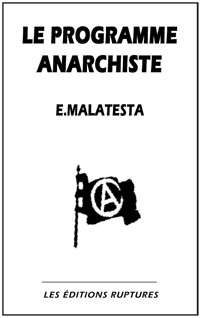
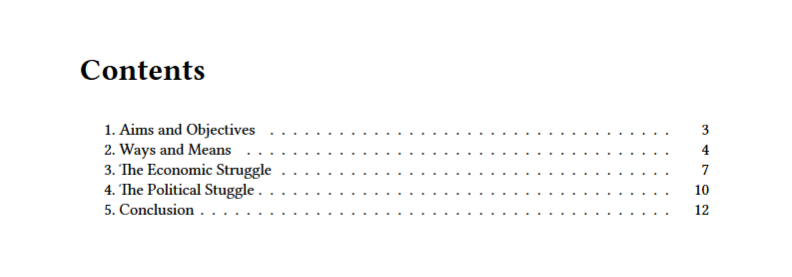
“We want to change radically [the] state of affairs. And since all these ills have their origin in the struggle between men, in the seeking after well-being through one’s own efforts and for oneself and against everybody, we want to make amends, replacing hatred by love, competition by solidarity, the individual search for personal well-being by the fraternal cooperation for the well-being of all, oppression and imposition by liberty, the religious and pseudo-scientific lie by truth.
Therefore:
1. Abolition of private property in land, in raw materials and the instruments of labour, so that no one shall have the means of living by the exploitation of the labour of others, and that everybody, being assured of the means to produce and to live, shall be truly independent and in a position to unite freely among themselves for a common objective and according to their personal sympathies.
2. Abolition of government and of every power which makes the law and imposes it on others : therefore abolition of monarchies, republics, parliaments, armies, police forces, magistratures and any institution whatsoever endowed with coercive powers.
3. Organisation of social life by means of free association and federations of producers and consumers, created and modified according to the wishes of their members, guided by science and experience, and free from any kind of imposition which does not spring from natural needs, to which everyone, convinced by a feeling of over, riding necessity, voluntarily submits.
4. The means of life, for development and well-being, will be guaranteed to children and all who are prevented from providing for themselves.
5. War on religions and all lies, even if they shelter under the cloak of science. Scientific instruction for all to advanced level.
6. War on rivalries and patriotic prejudices. Abolition of frontiers ; brotherhood among all peoples.
7. Reconstruction of the family, as will emerge from the practice of love, freed from every legal tie, from every economic and physical oppression, from every religious prejudice.
This is our ideal.”
Errico Malatesta
Leave a comment below with a valid email adress (it will not be published) to request this book.
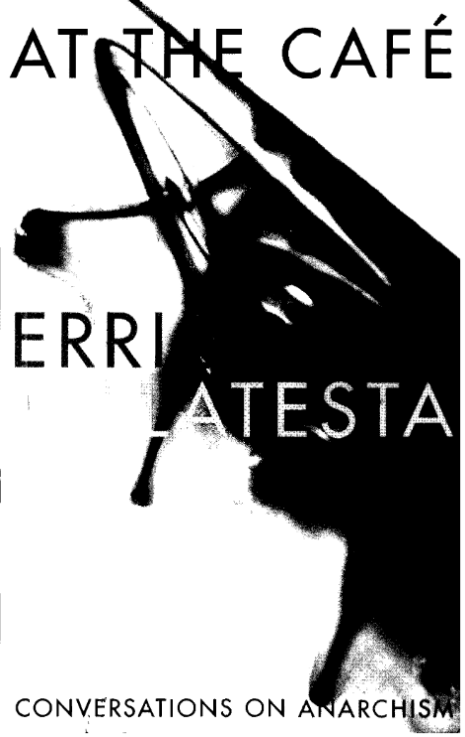
Paul Nursey-Bray (editor, translator)
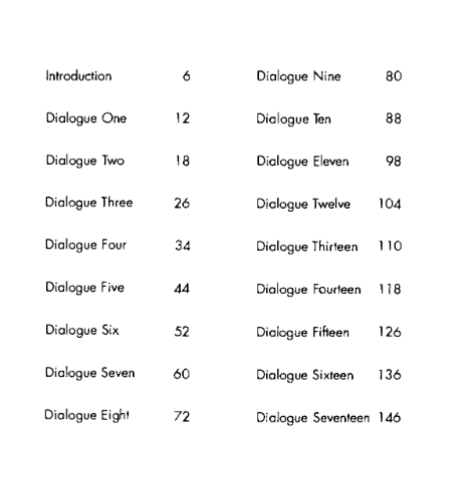
“These dialogues of Malatesta represent not just a major contribution to anarchist political theory, but a significant historical document. Written over a period of 23 years they are a commentary on turbulent times and vital historical events, covering as they do an epoch distinguished in particular by left-wing agitation and organisation across Europe.
During the time spanned by these ruminations on anarchism the world witnessed the Second International, the rise of Bolshevism, the First World War, the birth of Fascism and the Russian Revolutions, both of 1904 and 1917. Without any direct allusion to any of these events the dialogues engage in a lively debate with many of the issues that they raise.
In a real sense Malatesta has crafted anarchist theory into a running commentary on his times. It is a work of intelligence, style and real artistry.”
Paul Nursey-Bray
Leave a comment below with a valid email adress (it will not be published) to request this book.
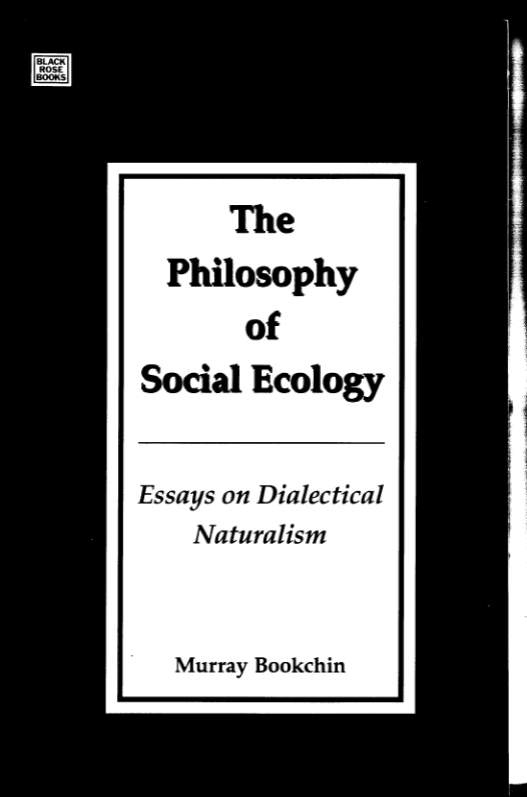
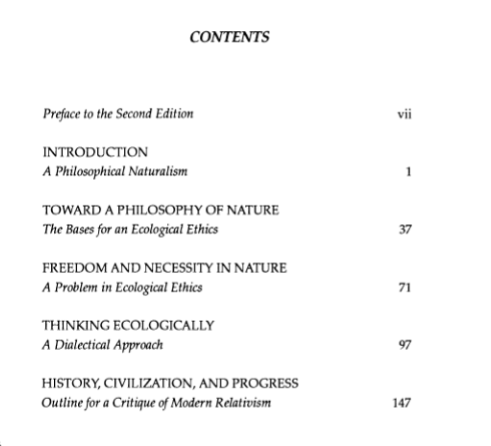
“What is nature? What is humanity’s place in nature? And what is the relationship of society to the natural world?
In an era of ecological breakdown, answering these questions has become of momentous importance for our everyday lives and for the future that we and other life-forms face. They are not abstract philosophical questions that should be relegated to a remote, airy world of metaphysical speculation. Nor can we answer them in an offhand way, with poetic metaphors or unthinking, visceral reactions. The definitions and ethical standards with which we respond to them may ultimately decide whether human society will creatively foster natural evolution, or whether we will render the planet uninhabitable for all complex life-forms, including ourselves.
At first glance, everybody “knows” what nature is. It is that which is all around us-trees, animals, rocks, and the like. It is that which “humanity” is destroying and coating with petroleum. But such prima facie definitions fall apart when we examine them with some care. If nature is indeed what is all around us, we may reasonably ask, then is a carefully manicured suburban lawn not nature? Is the split-level house it surrounds not nature? Are its furnishings not natural?
Today, this sort of question is likely to elicit a heated avowal that only “wild,” “primordial,” or even nonhuman nature is authentically natural. Other people, no less thoughtful, will reply that nature is basically matter, or the materialized stuff of the universe in all its forms–what philosophers sweepingly call Being. The fact is that wide philosophical differences have existed for centuries in the West over the very definition of the word nature. These differences remain unresolved to this day, even as nature is making headlines in environmental issues that are of enormous importance for the future of nearly all life-forms.
Defining nature becomes an even more complex task when we include the human species as part of it. Is human society with its ensemble of technologies and artifacts-not to speak of such ineffable features as its conflicting social interests and institutions-any less part of nature than nonhuman animals? And if human beings are part of nature, are they merely one life-form among many others, or are they unique in ways that place major responsibilities on them with respect to the rest of the world of life, responsibilities that no other species shares or is even capable of sharing?
Whatever nature may mean, we must determine in what way humanity “fits” into it. And we must confront the complex and challenging question of the relationship of society–more specifically, the different social forms that appeared in the past, that exist today, and that may appear in the future-to nature. Unless we answer these questions with reasonable clarity-or at least fully discuss them-we will lack any ethical direction in dealing with our environmental problems. Unless we know what nature is and what humanity’s and society’s place in it is, we will be left with vague intuitions and visceral sentiments that neither cohere into clear views nor provide a guide for effective action “
Murray Bookchin
Leave a comment below with a valid email adress (it will not be published) to request this book.
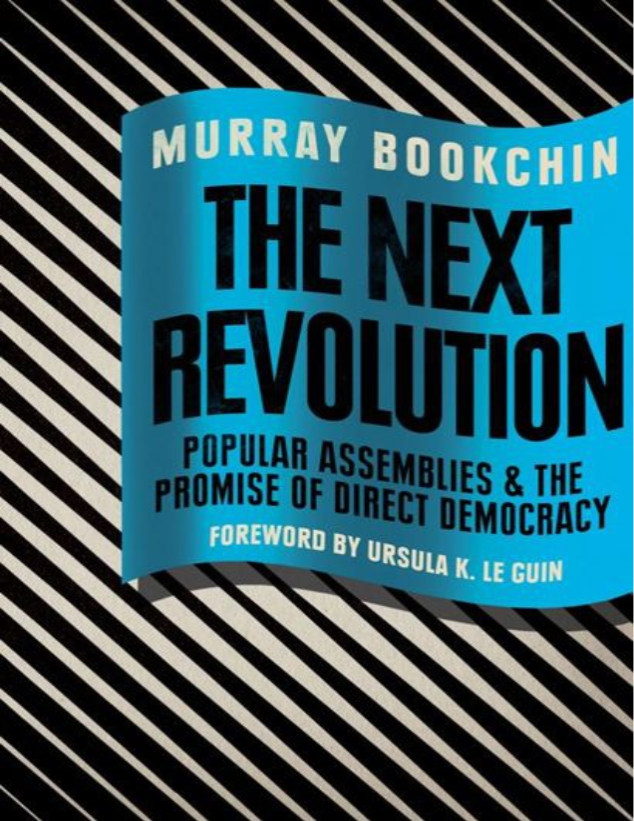
Debbie Bookchin (editor)
Blair Taylor (editor)
Ursula K. Le Guin (foreword)
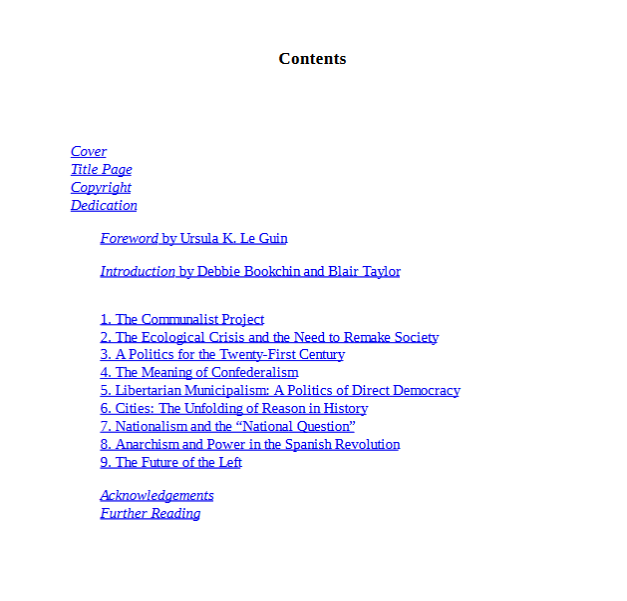
“Murray Bookchin spent a lifetime opposing the rapacious ethos of grow-or-die capitalism. The nine essays in this book represent the culmination of that labor: the theoretical underpinning for an egalitarian and directly democratic ecological society, with a practical approach for how to build it.
He critiques the failures of past movements for social change, resurrects the promise of direct democracy and, in the last essay in this book, sketches his hope of how we might turn the environmental crisis into a moment of true choice—a chance to transcend the paralyzing hierarchies of gender, race, class, nation, a chance to find a radical cure for the radical evil of our social system.
Reading it, I was moved and grateful, as I have so often been in reading Murray Bookchin. He was a true son ofthe Enlightenment in his respect for clear thought and moral responsibility and in his honest, uncompromising search for a realistic hope.”
Ursula K. Le Guin (Foreword)
Leave a comment below with a valid email adress (it will not be published) to request this book.
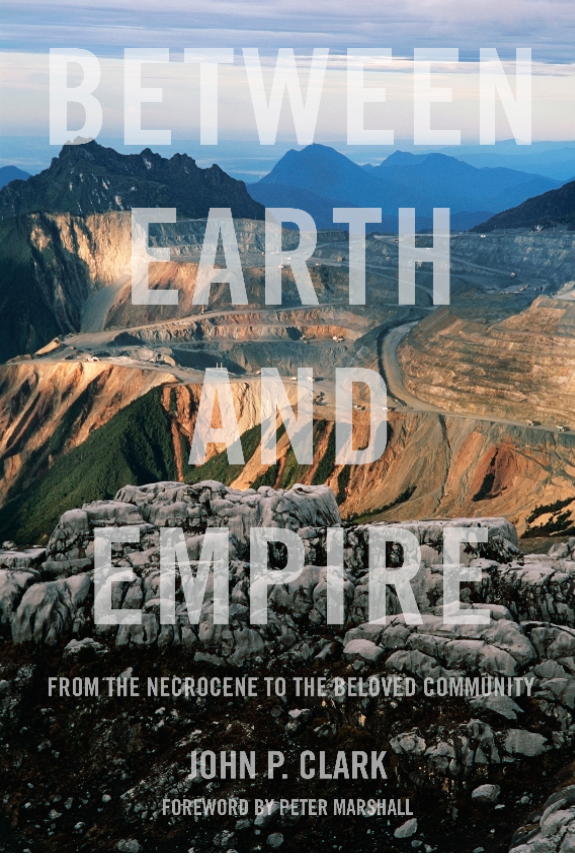
Peter Marshall (Foreword)
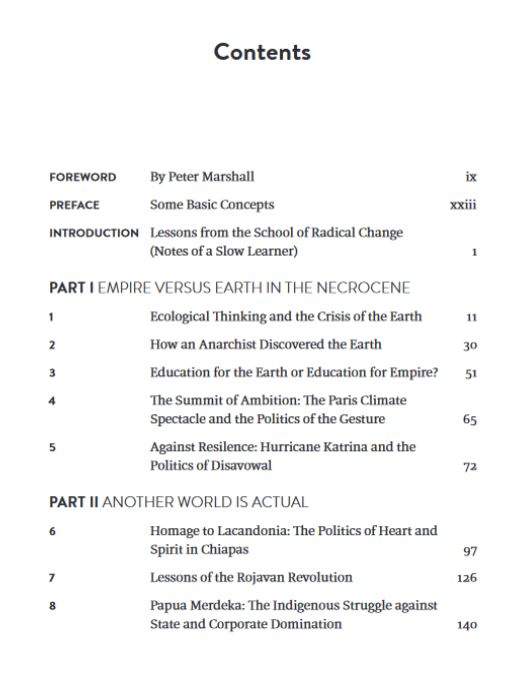
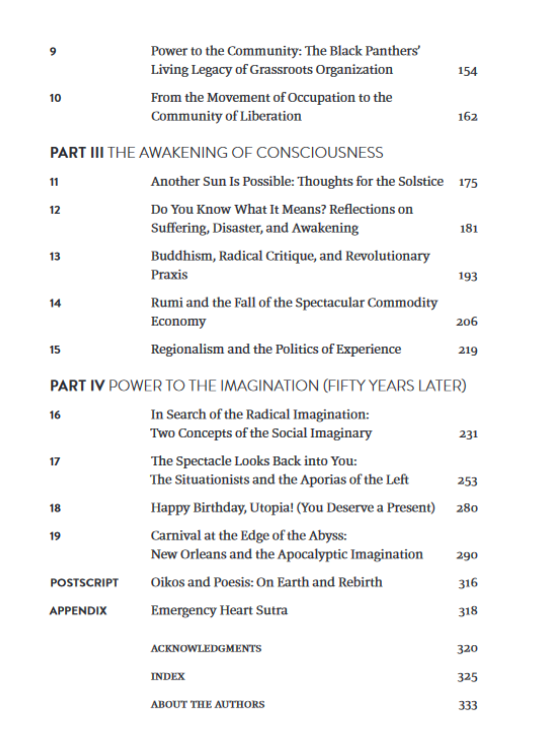
“Having already edited a collection of his writings, Clark is inspired by the French nineteenth-century geographer Elisée Reclus, whom he claims as an anarchist ‘discovered the Earth’ and opposed, as Clark does, all forms of social and ecological domination.
He recognizes that humanity is an integral part of nature; indeed, in his words ‘nature becoming self-conscious’
(‘L’Homme est la Nature prenant conscience d’elle-même’).
In other words, the Earth is in ourselves and we are the Earth.
He conceived anarchy as a critique of class, patriarchal, racial, technological, and state domination while recognizing past and present human domination of other species and nature itself. His form of “anarchography,” which Clark approves, is at once the writing of the universal and of the particular, of the ecosystem and of the stream.He was prophetic in seeing the possibility of an egalitarian, libertarian, and communitarian society based on mutual aid as well as a process of globalization from below in which nature and humanity become one.”
Peter Marshall
Leave a comment below with a valid email adress (it will not be published) to request this book.